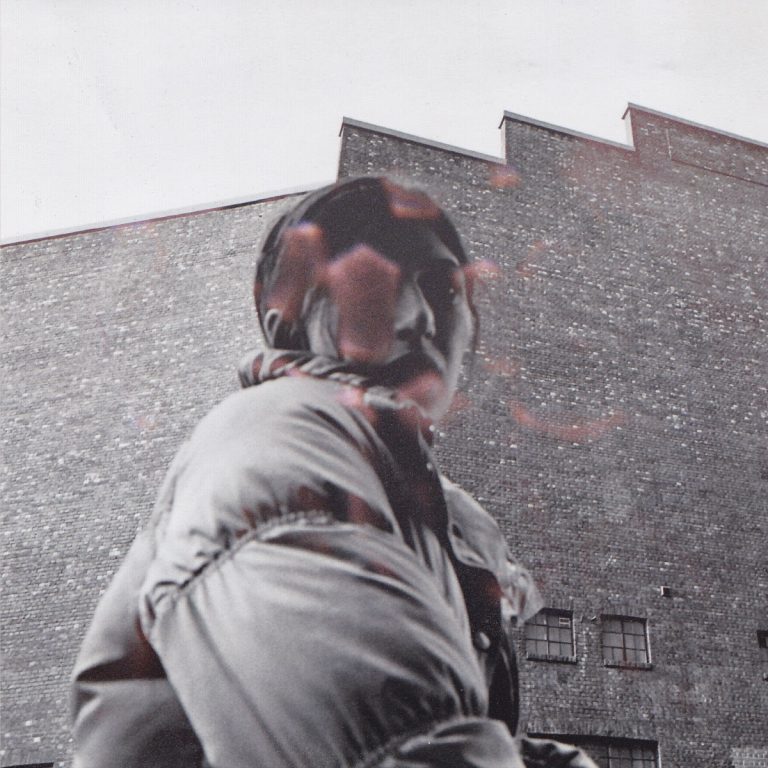Around the mid-point of listening to Warm Chris, Aldous Harding’s fourth record, your mind starts to wander, and you realise this isn’t a particularly great record. A good record, no doubt, but not great. Harding’s output to date has been marked by a quirky charm that’s hard to not find appealing, each release feeling like a separate entity in itself – an evolution of an artist growing, a mutating lineage, development. Surrealistic narratives blended effortlessly with folk-pop sensibilities made for an increased level of anticipation for this record. Warm Chris, though, feels like a mere continuation of 2019’s flawed and overly praised Designer, and therefore feels a little stagnant.
Things kick off really well. The first three tracks are all great and suggest an excellent, though not particularly exciting, record. “Ennui” has a warm piano tone that brings to mind AOR 70s, while the timbre of Harding’s voice on “Tick Tock” is exquisite, and reminiscent of the eponymous track from her yet-to-be-bettered 2017 album Party. The tonal range of the vocal performance is different between the two tracks, yet there is a childlike vulnerability to both that adds an undeniable atmosphere of creepiness that elevates Harding’s work among her peers. Harding is not afraid to make the listener question their engagement with her work.
“Fever” is the highlight of the record, a mid-tempo tune about the issues of a lost spark in a relationship. It’s a mixture of jauntiness and melancholia, with a repeated cycle of lyrics adding a sense of entrapment as the same scenarios get played out again in the mind of the narrator with nothing new forthcoming. The tercet refrain of “I still stare at you in the dark / Looking for that thrill in the nothing / All my favourite places are bars” encapsulates a mood of tangential and distracted thinking, or of a realisation of the unfulfilling nature of an intimacy which has passed.
The title track sounds like Vashti Bunyan crossed with a bit of Joan of Police Woman, and that’s when the issues start to take hold. Rather than marvel in the chameleonic, Bowie-esque multitude of characters that constitute Aldous Harding and her performativity, there’s a nagging sense that this may all be a little too contrived to be genuinely pleasurable. And then you start questioning yourself and checking whether contrivance in art is all that problematic. And you conclude that it isn’t at all, just so long as the end result has an aesthetic that works. And you think that maybe this aesthetic doesn’t. And then, just to check your privilege for good measure, you ask how it’s okay for Bowie to have numerous roles in his songs but maybe you aren’t letting Aldous Harding do the same. And you remember that you really aren’t a fan of Bowie much so that’s all fine.
So then, once the charm of the opening salvo of tracks has waned, the best part of listening to Warm Chris is working out who Harding may or may not be homaging / pastiching / unknowingly referencing in the tracks that follow. “Passion Babe” is Anna Karina, Jean-Luc Godard’s muse who released some excellent bubblegum pop records in the late 60s. “She’ll Be Coming Round the Mountain” is Sensual World-era Kate Bush, while “Bubbles” is a Tom Waits style post-1am lounge bar musician going awry.
There can be little doubt that the ever-shifting nature of Harding’s work should be applauded. Her work, as a result, is always interesting, yet intrigue alone is not often enough to sustain a listener’s focus over the 10 tracks here. There is a superficiality here that also comes from the postmodern playfulness that’s at the heart of the work. The fragmentation of characters, the dislocation and purposefully disruptive sense of a core musical identity on Warm Chris make this a collection of disparate songs rather than a body of work – for some this will be a boon, for others problematic. It’s an album that could be played on shuffle with the same end result for the listener as there’s no flow, no sense of connection across the tracks. But maybe that’s the point.

